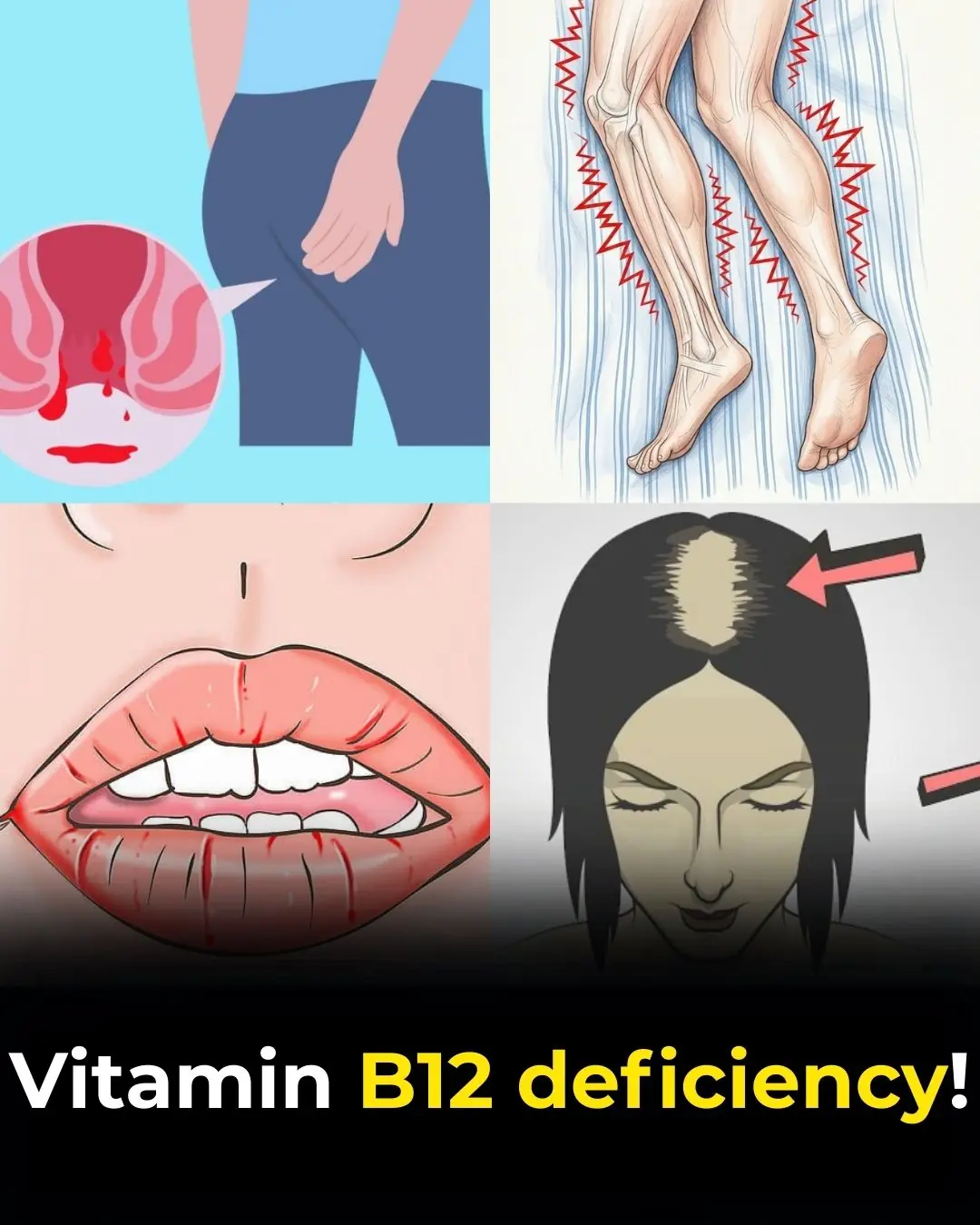
Nighttime Habits That Increase Your Risk of Stroke

A stroke occurs when blood flow to a part of the brain is blocked or interrupted, often resulting in life-altering consequences. While some stroke risk factors—like age, genetics, or family history—are beyond our control, others are directly influenced by our daily (and nightly) routines. Surprisingly, some seemingly harmless bedtime habits may quietly increase your risk of stroke, especially since strokes often occur during sleep and go undetected until morning.
Here are five potentially dangerous nighttime habits that could raise your stroke risk—and practical steps to reduce the danger:
1. Going to Bed With High Blood Pressure
Why it’s risky:
High blood pressure (hypertension) is the leading modifiable risk factor for stroke. When blood pressure remains elevated at night, it puts continuous strain on the arteries. This can lead to a higher chance of a blood vessel bursting (hemorrhagic stroke) or a clot forming (ischemic stroke) during sleep.
What to do instead:
✔️ Monitor your blood pressure at home, especially in the evenings
✔️ Follow your doctor’s instructions and take medication consistently
✔️ Limit salty foods, especially during dinner
✔️ Practice relaxation techniques before bed—like deep breathing, meditation, or gentle stretching
✔️ Avoid screen time at least 30 minutes before sleeping, as it can affect blood pressure regulation
2. Skipping Hydration Before Bed
Why it’s risky:
When you’re dehydrated, your blood becomes thicker and more sluggish, increasing the likelihood of clots forming. Overnight dehydration is common, especially if you haven’t had much to drink throughout the day—or if you consume dehydrating substances like caffeine or alcohol in the evening.
What to do instead:
✔️ Drink a small glass of water about 30–60 minutes before bedtime
✔️ Reduce or avoid caffeinated beverages after 4 p.m.
✔️ Skip alcohol close to bedtime (it worsens dehydration)
✔️ Add hydrating foods to your dinner, such as fruits and vegetables
✔️ Maintain hydration during the day so your body isn’t playing catch-up at night
3. Sleeping in an Uncomfortable Position
Why it’s risky:
Poor sleep posture—like lying on your stomach or with your neck twisted—can reduce blood flow to the brain or compress key arteries (such as the carotid arteries). Over time, this may contribute to circulation problems, nerve pressure, and possibly increase stroke risk during the night.
What to do instead:
✔️ Sleep on your back or on your side, ideally the left side to support heart function
✔️ Use a supportive pillow that keeps your head and neck in alignment
✔️ Avoid sleeping with your arms pinned under your body or head
✔️ Consider a body pillow to support natural spine alignment
✔️ Replace old or sagging mattresses that affect posture
4. Drinking Alcohol Before Bed
Why it’s risky:
Alcohol can temporarily raise blood pressure, interfere with your natural sleep cycles, and even trigger irregular heart rhythms like atrial fibrillation—all of which are closely associated with increased stroke risk, especially during sleep.
What to do instead:
✔️ Avoid alcohol at least 2–3 hours before bed
✔️ Limit overall alcohol consumption—no more than 1 drink/day for women and 2 for men (or none at all)
✔️ Choose soothing alternatives in the evening like herbal teas (e.g., chamomile or lemon balm)
✔️ Stay consistent with sleep and wake times—alcohol disrupts the body's circadian rhythm
✔️ Keep a sleep journal to track what beverages impact your sleep quality
5. Smoking Before Bed
Why it’s risky:
Smoking constricts blood vessels, increases blood pressure, and reduces oxygen levels in your blood. These effects are intensified during sleep when your body is trying to repair itself. Smoking right before bed prolongs exposure to these harmful effects through the night, increasing the likelihood of a clot or stroke.
What to do instead:
✔️ Make a plan to quit smoking—talk to a healthcare provider for support
✔️ If quitting feels overwhelming, start by avoiding cigarettes at least 2 hours before sleep
✔️ Explore nicotine replacement therapies (patches, lozenges, gum)
✔️ Use behavioral tools like apps or support groups for quitting
✔️ Replace the habit with a relaxing bedtime ritual, like journaling or taking a warm shower
Final Thoughts
Strokes don’t always announce themselves—they can occur silently and swiftly during the night, leaving little time to react. But the good news is that by making smarter lifestyle choices before bed, you can significantly reduce your risk.
Prioritize quality sleep, proper hydration, and blood pressure management. Be mindful of your evening routines, and treat bedtime as an opportunity to care for your brain—not just rest your body.
Sleep intentionally. Live preventively. Your brain will thank you.
News in the same category


How To Identify Skin Tags and When To Remove Them

14 Visible Signs of Cancer Most Women Ignore
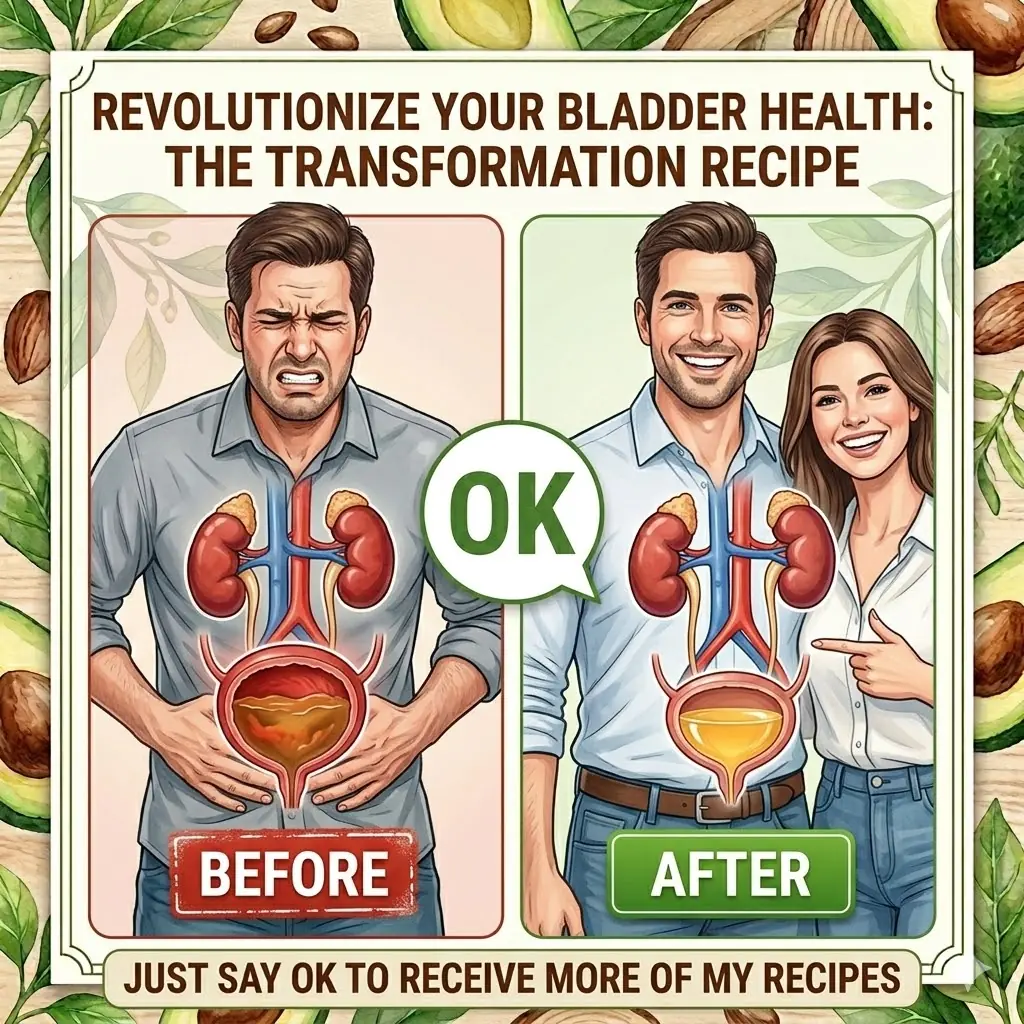
Reducing Prostate Discomfort Naturally with a Tomato and Garlic Drink
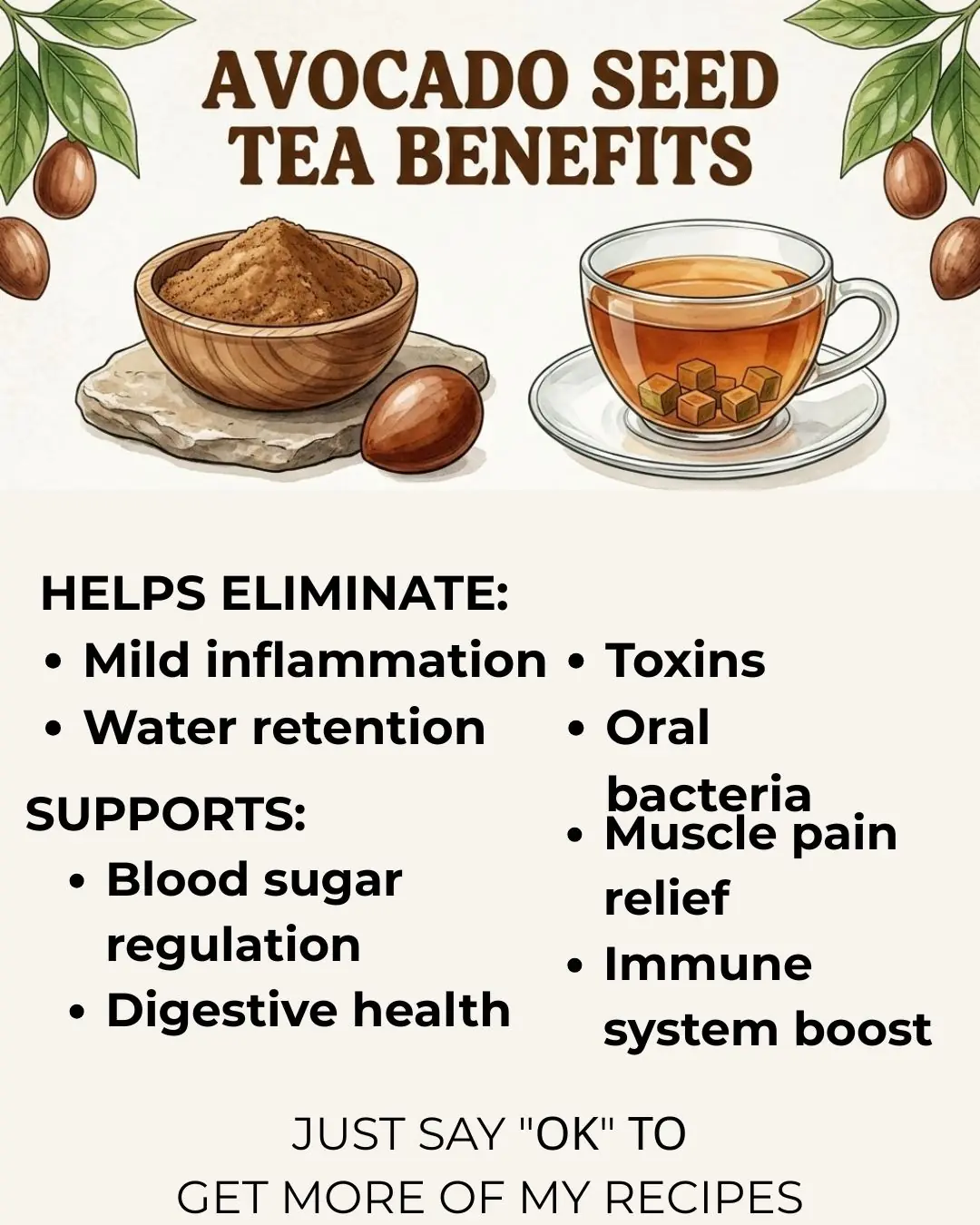
Never Throw Away the Avocado Seed Again — Here’s Why

Guava Leaves Benefits: The Underrated Natural Remedy You Shouldn’t Ignore 🍃💪

Herbal Tea for Swollen Legs: Natural Diuretic & Anti-Inflammatory Recipe, How to Use It, and Precautions
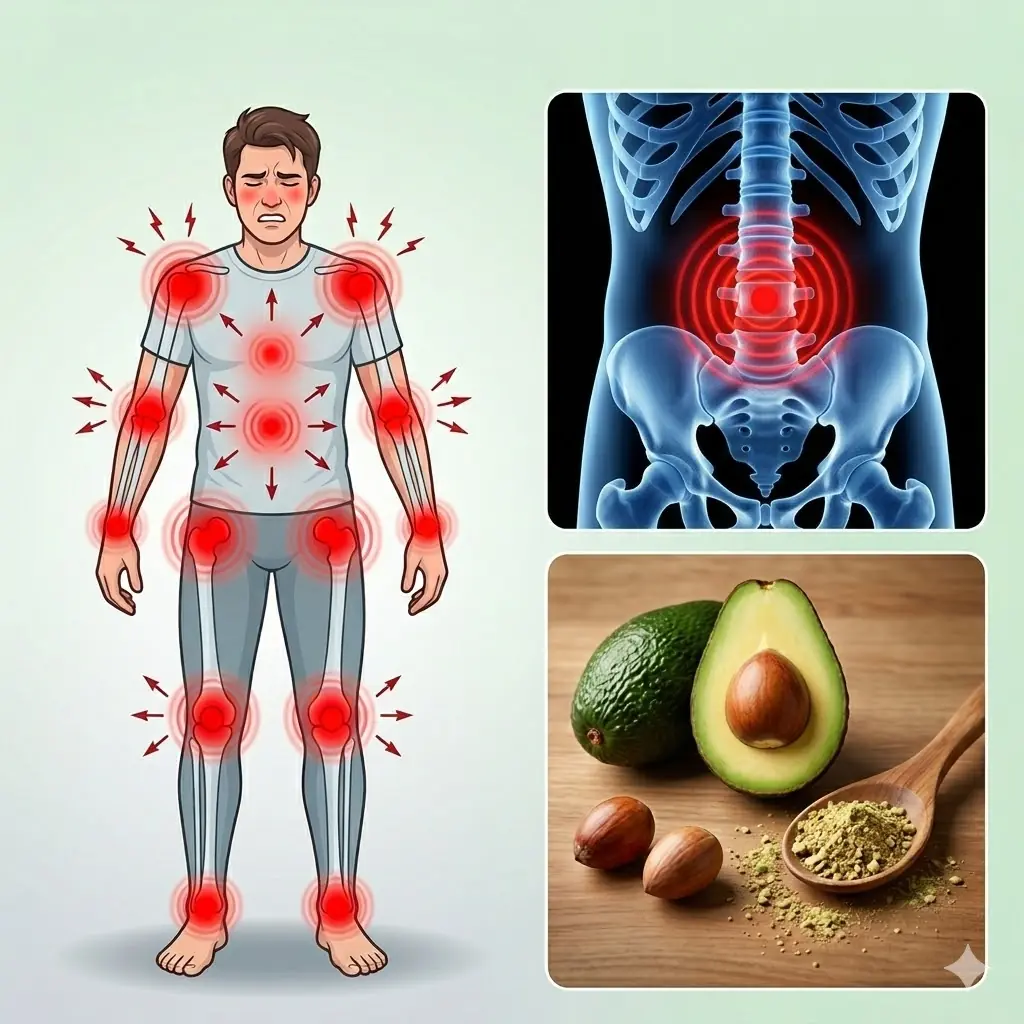
Avocado Seed Benefits: The Overlooked Natural Remedy for Joint and Back Pain

How Garlic and Lemon Can Gently Support Your Eye Comfort and Vision Wellness

The Overlooked Tree With Powerful Health Benefits

Discover How Incorporating Fresh Parsley into Your Daily Routine Can Support Knee Joint Comfort and Mobility Naturally

Woman reveals 3 overlooked symptoms before her stage 4 cancer diagnosis at 28
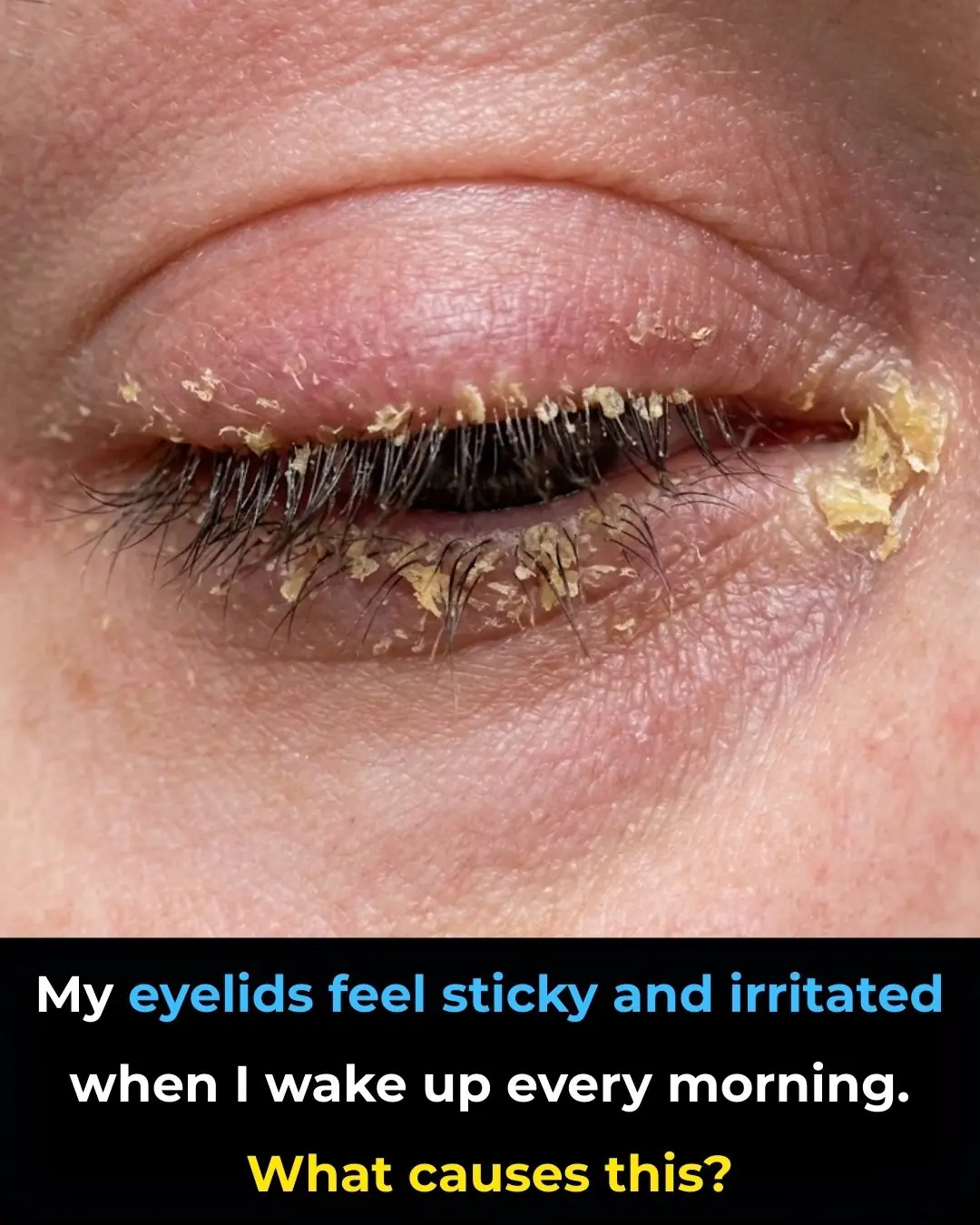
My eyelids feel sticky and irritated when I wake up every morning. What causes this?

One Spoon a Day for Stronger Vision – A Simple Daily Habit to Support Eye Comfort

A Gentle Herbal Infusion to Support Blood Sugar, Cholesterol & Circulation Naturally

Home Remedies for Varicose Veins with Onion, Garlic, and Apple Cider Vinegar
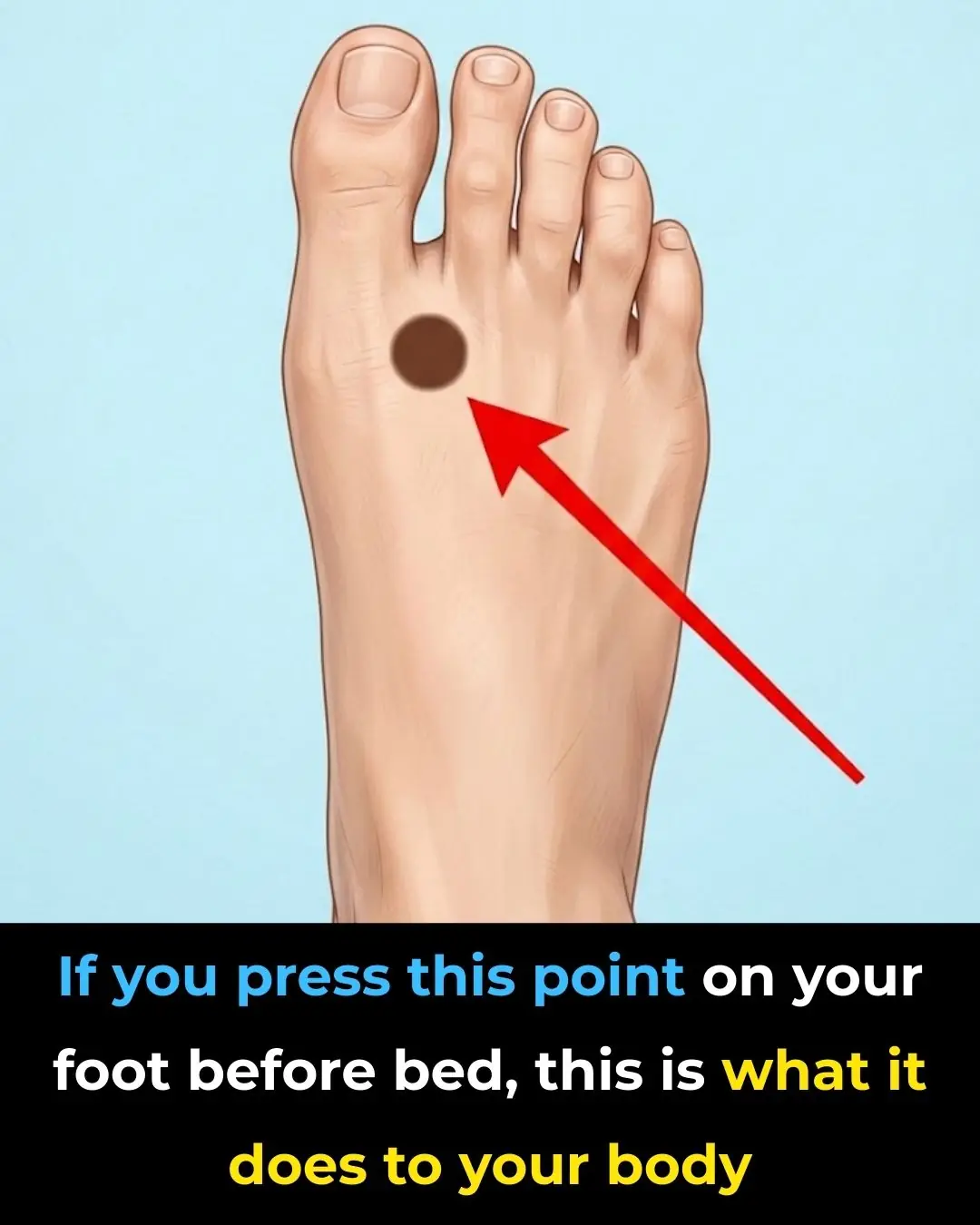
Press This Point on Your Feet Before Bed
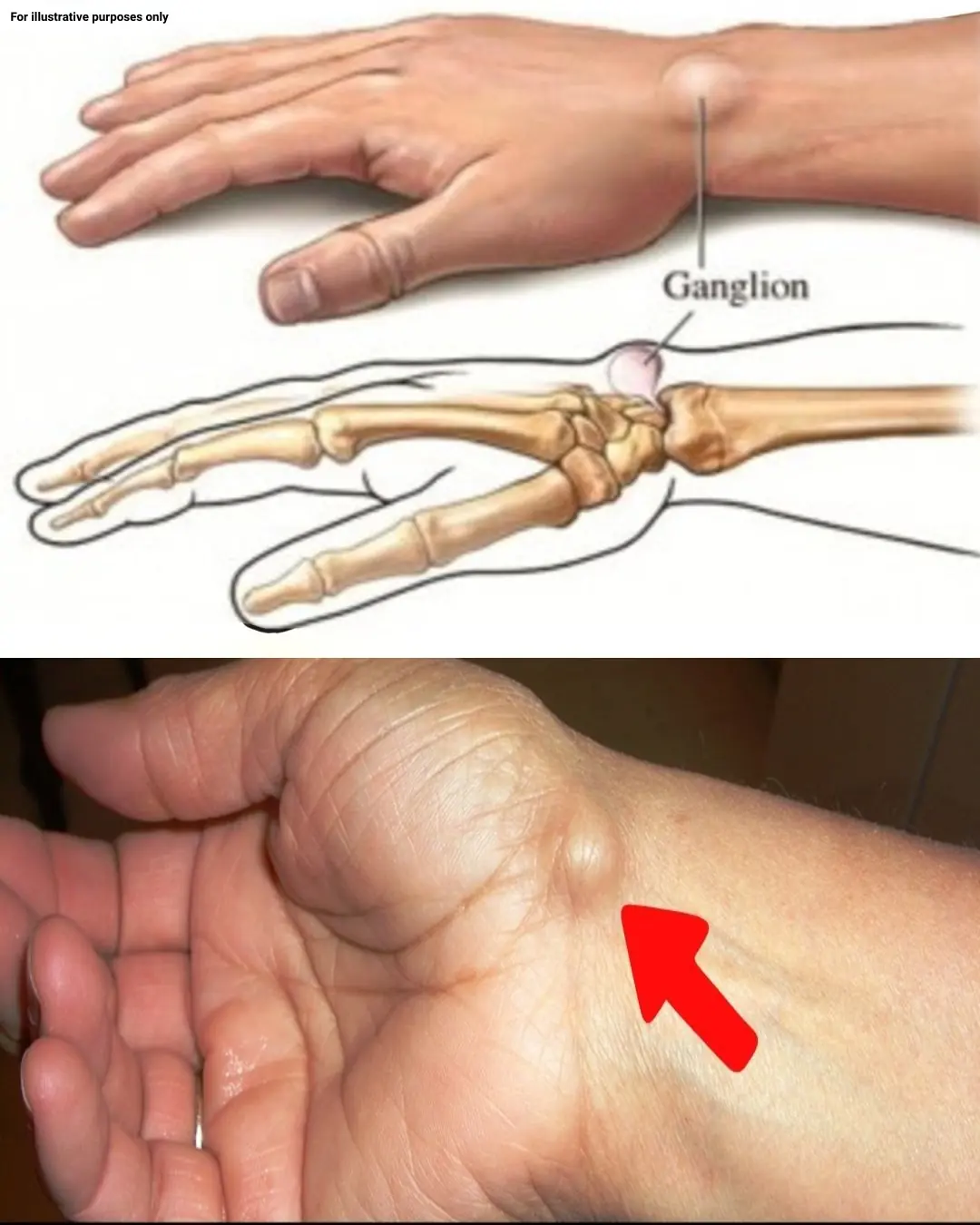
Noticing a Lump on Your Hand

More Than a Moment: Understanding the Layers of Intimacy
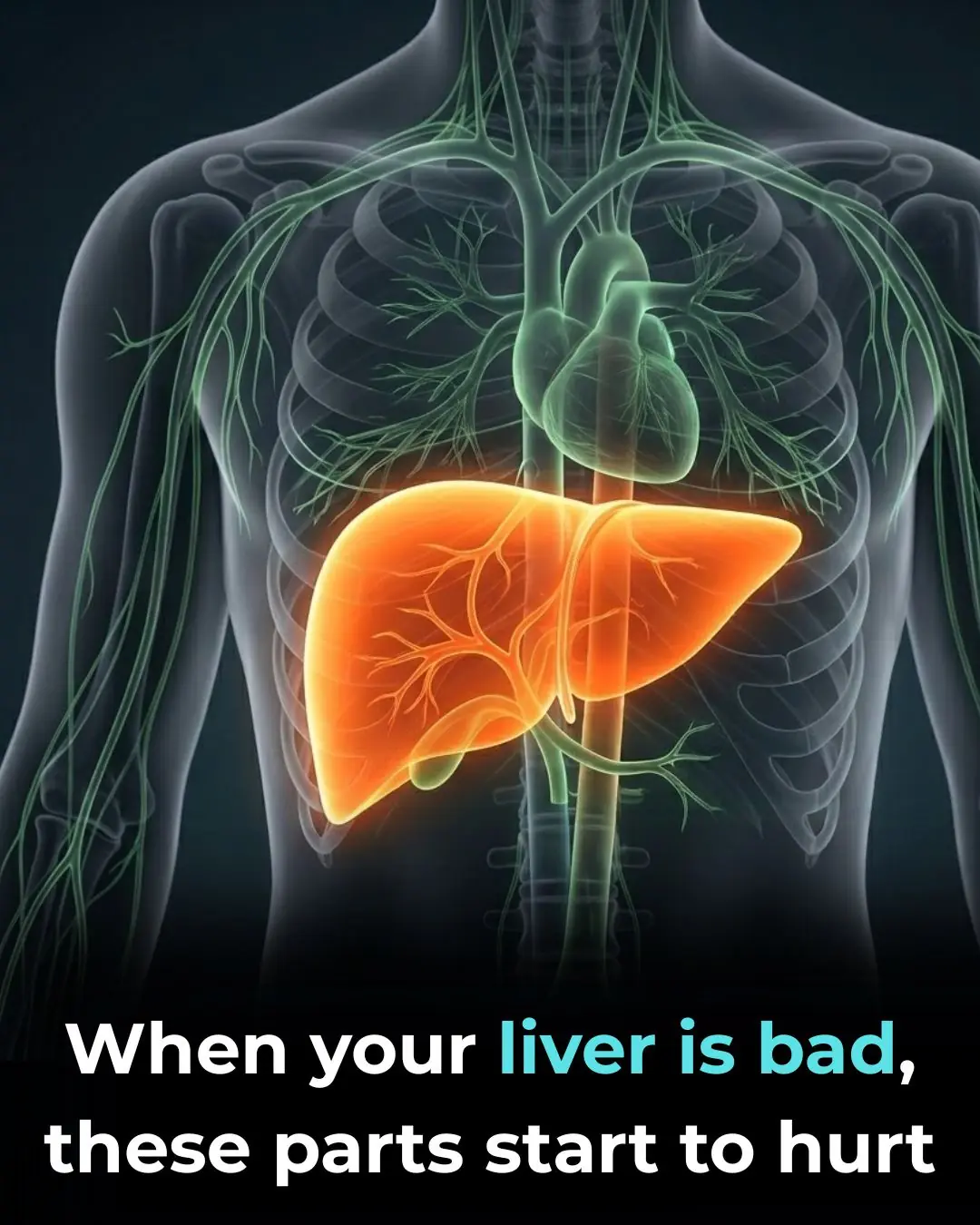
When your liver is bad. Please check if this is correct.
News Post

🧠 8 Strange (But Real) Signs Your Body Is Begging for More Vitamin B12 – Don’t Ignore These Red Flags

How To Identify Skin Tags and When To Remove Them

14 Visible Signs of Cancer Most Women Ignore

Reducing Prostate Discomfort Naturally with a Tomato and Garlic Drink

Never Throw Away the Avocado Seed Again — Here’s Why

Guava Leaves Benefits: The Underrated Natural Remedy You Shouldn’t Ignore 🍃💪

Herbal Tea for Swollen Legs: Natural Diuretic & Anti-Inflammatory Recipe, How to Use It, and Precautions

Avocado Seed Benefits: The Overlooked Natural Remedy for Joint and Back Pain

How Garlic and Lemon Can Gently Support Your Eye Comfort and Vision Wellness

Was He Really Jesus?

Pumpkin Seeds

The Overlooked Tree With Powerful Health Benefits

Discover How Incorporating Fresh Parsley into Your Daily Routine Can Support Knee Joint Comfort and Mobility Naturally

Woman reveals 3 overlooked symptoms before her stage 4 cancer diagnosis at 28

The Funeral Secret

My eyelids feel sticky and irritated when I wake up every morning. What causes this?
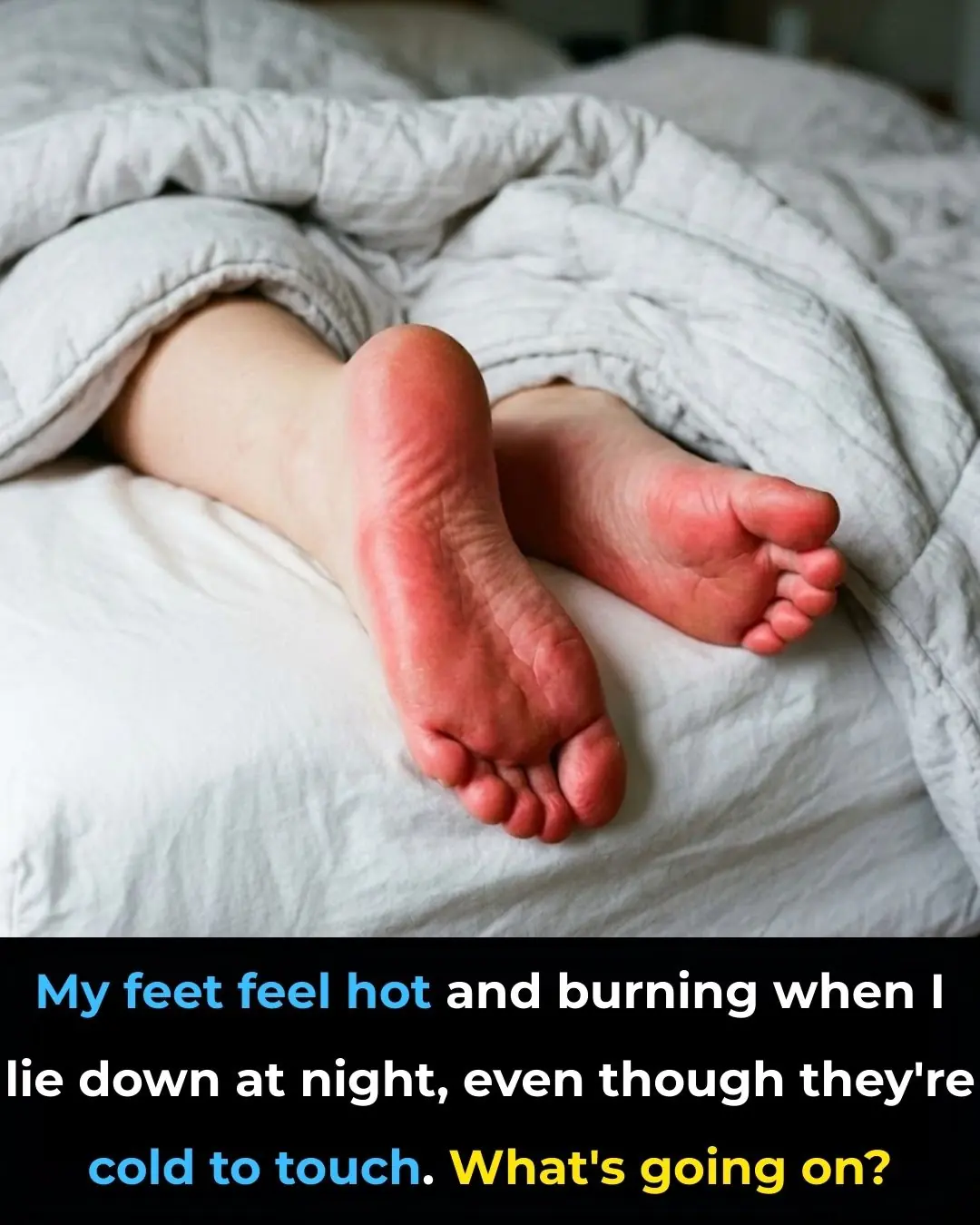
My feet feel hot and burning when I lie down at night, even though they’re cold to touch. What’s going on?

One Spoon a Day for Stronger Vision – A Simple Daily Habit to Support Eye Comfort

A Gentle Herbal Infusion to Support Blood Sugar, Cholesterol & Circulation Naturally
